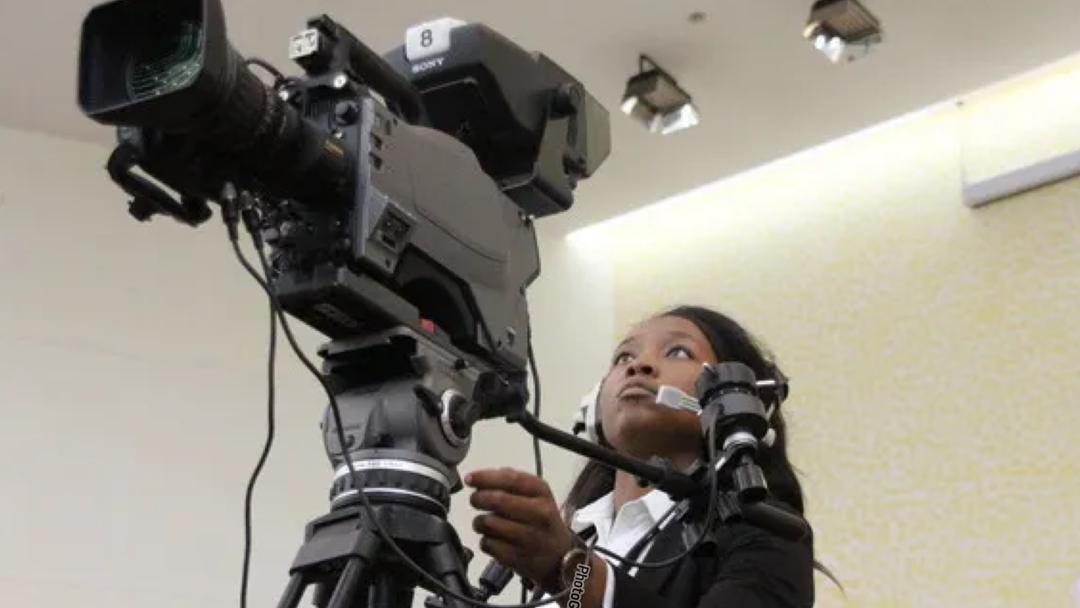The Moto Project, a collaboration between the Free Press Initiative (FPI) and BBC Media Action, has successfully trained 10 female broadcast journalists from various provinces in Zambia. The project aimed to address the need for training support for female journalists and ran for a total of 9 months, starting in May.
Participants in the Moto Project were required to produce six pieces of journalism, including investigative pieces, fact-checking and verification, news bulletins, online packages, on-location reporting, and interviews in the ‘hard talk’ format. Some participants have already completed their investigative journalism pieces, while others are expected to finish soon.
Joan Chirwa, Founder of the Free Press Initiative, highlighted the opportunity provided by the Moto Project to tell untold stories and shed light on issues covered under secrecy. Chirwa expressed confidence that the women involved in the project will produce high-quality journalism that promotes justice, exposes truth, and delivers important stories to the public. She sees the Moto Project as a significant step forward for journalism in Zambia and for women’s equity and recognition.
Kennedy Kalunga, Permanent Secretary of the Ministry of Information and Media, commended the efforts of the Free Press Initiative and BBC Media Action in training female journalists from across Zambia. He acknowledged that female journalists have often avoided in-depth investigative stories due to a lack of proper skills. Kalunga expressed the Ministry’s support for the project and emphasized the importance of transparency and accountability in disseminating information. He also noted the project’s focus on in-depth reporting, which is crucial in combating rising misinformation and disinformation on social media.
Kalunga thanked the Free Press Initiative and BBC Media Action for their support in implementing the Moto Project and expressed hope for more projects like Moto to equip journalists with essential skills and enhance media reporting in Zambia.








